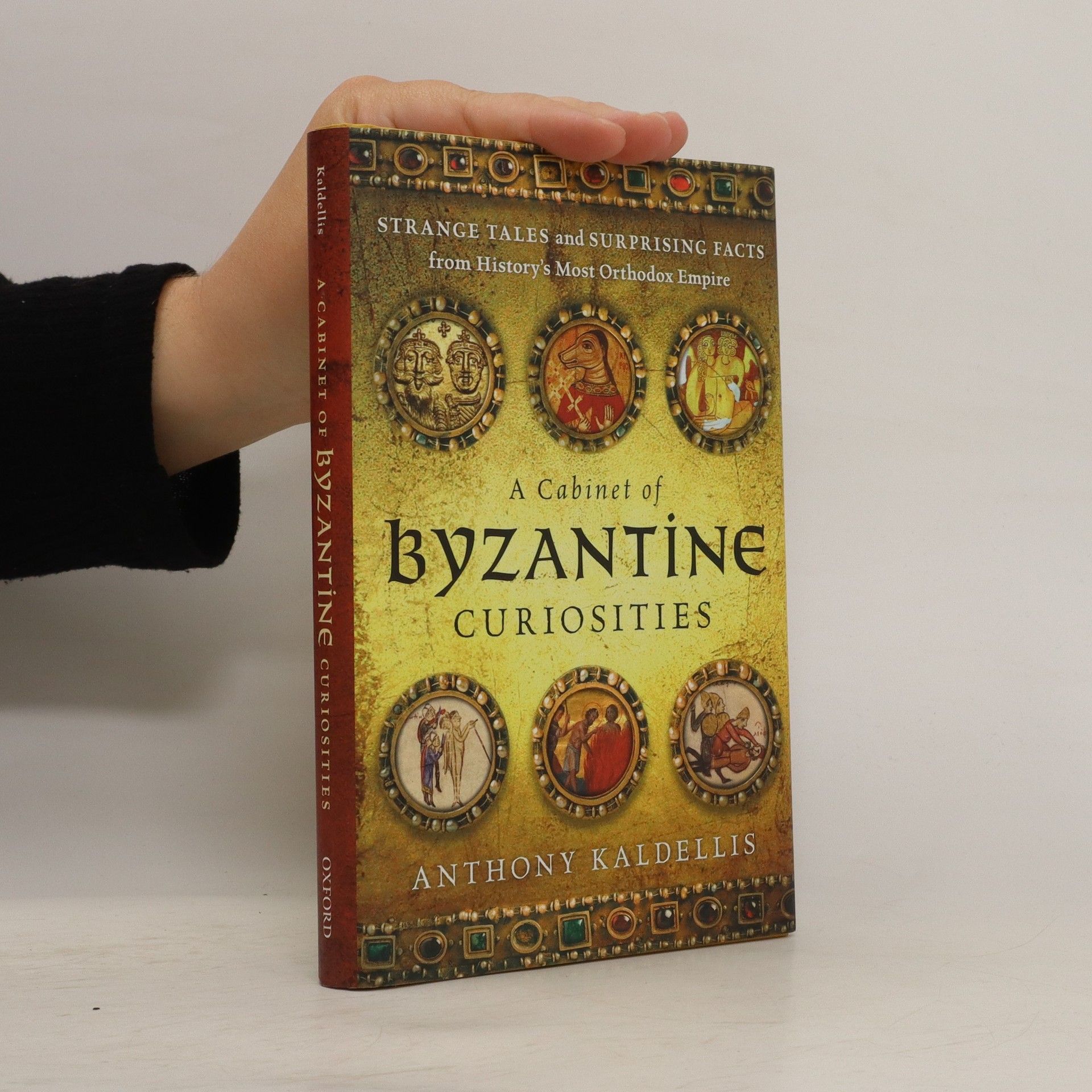The Case for East Roman Studies
- 112 pages
- 4 hours of reading
Kaldellis argues that the labels "Byzantium" and "the Byzantines" misrepresent the true nature and identity of the society under study. He advocates for a rebranding of Byzantine Studies to better reflect the historical reality of this civilization. Through his analysis, he challenges longstanding perceptions and encourages a reevaluation of how this influential society is understood and categorized by historians.

